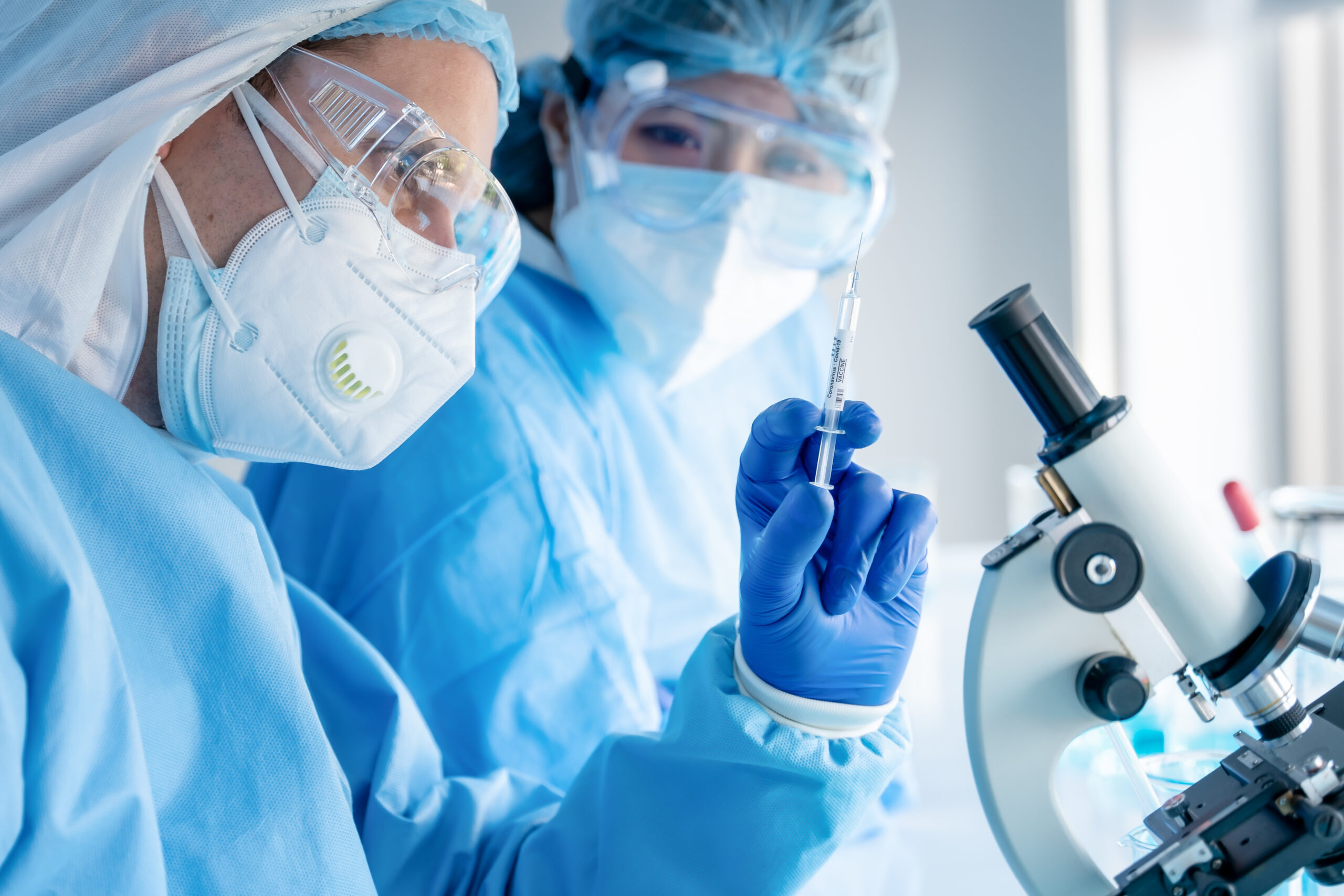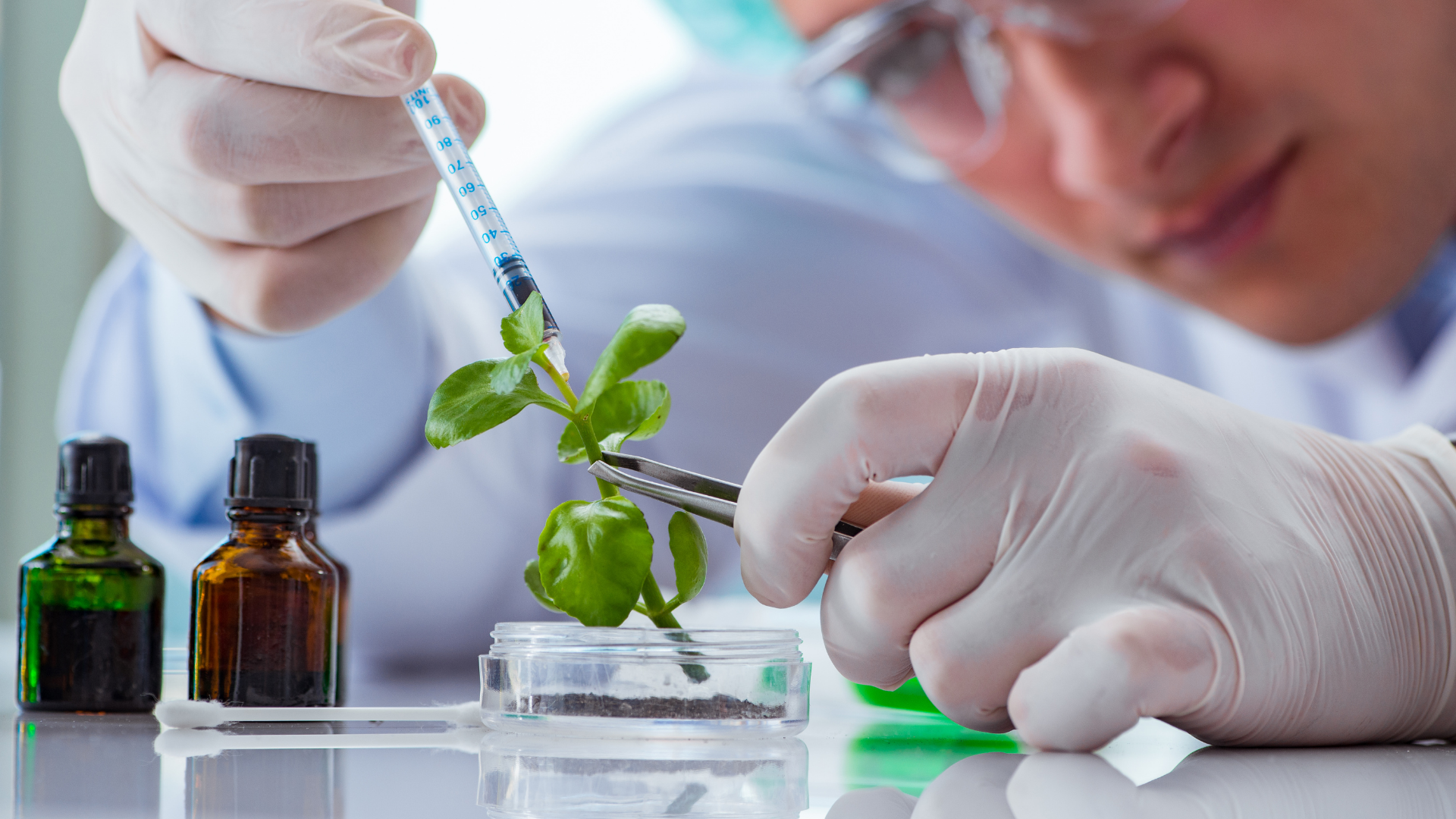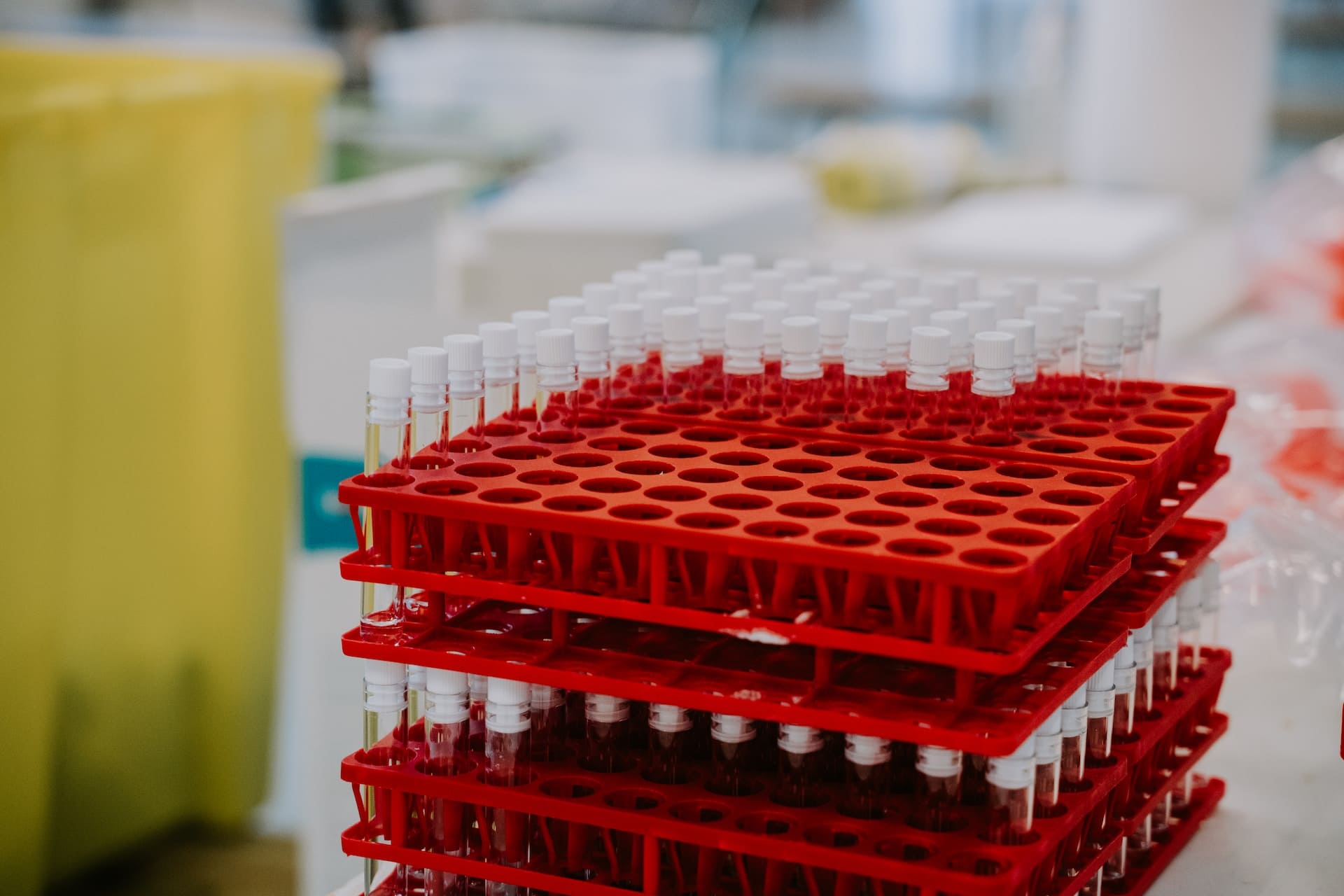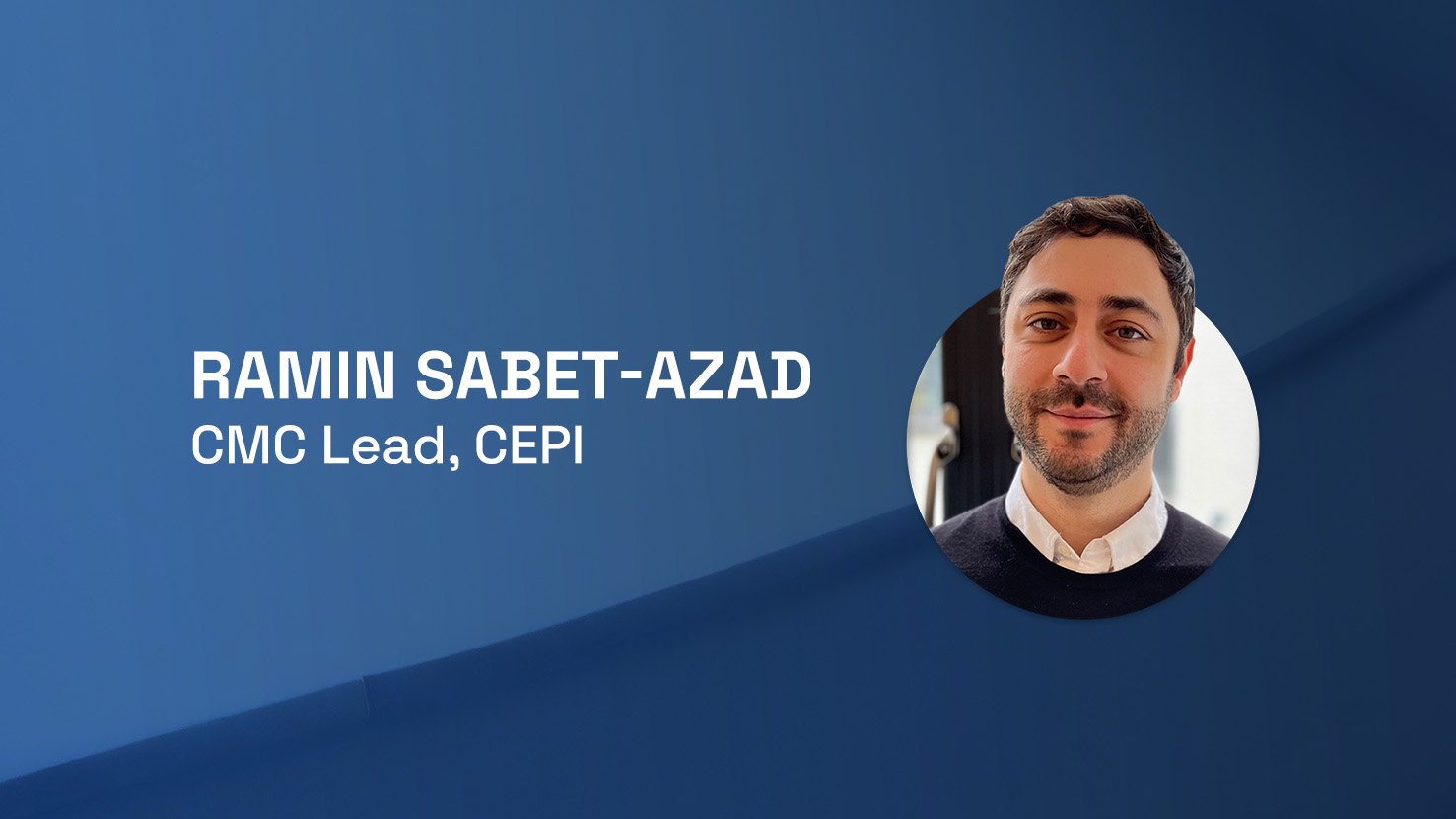Q & A with Vincent Dewar

The surge in rapid vaccine development can largely be attributed to the recent coronavirus pandemic. But what does an accelerated development timeframe mean for quality control attributes and testing? And how will the industry advance immunoassay functionality to deliver the next generation of vaccines?
In anticipation of our Vaccines Europe: In-Person event on 29 - 30 November 2022 in Berlin, Germany, we sat down with Vincent Dewar, Associate Director and Head of Immunoassay Analytical Research Development at GlaxoSmithKline Belgium, to hear his thoughts on the future of accelerated vaccine development.
1.) How did you get into working within the vaccines space?
“I started my career in small biotech companies and within an academic framework, developing commercial immunoassays and monoclonal antibodies. Then about 25 years ago, there was already a strong development of the vaccine industry, and especially in Belgium, where I live, and I decided to apply to GSK’s research and development team. I wanted to be a part of the adventure.
- Q & A with Derek O’Hagan, Senior Advisor at GlaxoSmithKline Vaccines
- Most Anticipated Presentations: Vaccines Europe
- New Speakers Announced: Vaccines Europe Congress 2022
"GSK gave me the opportunity to develop monoclonal antibodies on many different projects and to participate in the development, qualification, and validation of assays that are used, of course, in the context of vaccine batch release. So, for me, it is a real pleasure to be part of the efforts that are made by thousands of colleagues and to improve the human health”.
2.) What is your group currently working on?
“The mission of the team is to develop, qualify, and validate new assays that are used for the release of vaccine lots throughout vaccine development phases from Phase I, II, and III. Thereafter, the validated assays are transferred to the quality control department for the control of commercial batches.
"We also have the responsibility to support the drug substance and the drug product development. All these activities are, of course, conducted with values technologies such as Luminex, Gyros, and many more. Automation and digitalisation are also very important in our activities, not only for performing the assays, but also for data treatment and data integrity in the context of accelerated vaccine development”.
3.) What is the future within that area? What are the opportunities going forward?
“That is a very interesting question. Because of the need to accelerate vaccine development, I think that the focus on rapid immunoassay development and implementation of the most appropriate analytical technology for multivalent vaccines will be key.
The pandemic stressed the need to find a safe and potent vaccine that could be developed in a very short period of time.
“It is also anticipated that the introduction of new immunological tools will occur. Other areas of interest might include an increasing focus on animal-free alternatives, such as replacing the use and reliance on animals during the research phase for potency assays. This I think will become a major point of attention in the future, and it could be argued that it is already the case today”.
4.) How do you think the field has changed since the pandemic and what does that mean for the future of the field?
“The pandemic made a tremendous impact on the field. It stressed the need to find a safe and potent vaccine that could be developed in a very short period of time. So, in this situation, RNA and viral vector platforms played a major role in helping to control the pandemic and helping save potentially thousands of lives.
“As a result of this, there is now a continued expectation to always deliver safe and potent vaccine to the public within an accelerated timeframe. And of course, the analytical process is key to assess the appropriate critical quality attributes during acceleration in order to deliver a robust method developed and validated according to quality by design principles”.
Vaccines Europe Congress 2022
Dewar will be presenting on ‘Immunoassay In Vaccine Development: An Overview’ at our approaching Vaccines event this November. Vaccines Europe is an intensive 2-day in-person conference that delves into the latest in vaccine research, platform technologies, analytics, and vaccine development.
A meeting place for experts working within cutting-edge vaccine research and development, presentations will delve into the different applications of vaccines in therapeutics. From antibodies against infectious diseases and T cell vaccines to adapting vaccines against new variants and antimicrobial resistance pathogens, Vaccines Europe will provide a unique opportunity to gain a comprehensive understanding of the current and future vaccines landscape.
With a high-quality programme devised with the help of our esteemed advisory board, this is a not-to-miss conference. Sign up for the brochure HERE and register HERE today.
For more information on Oxford Global’s Biologics event series, visit: https://oxfordglobal.com/biologics/upcoming/







